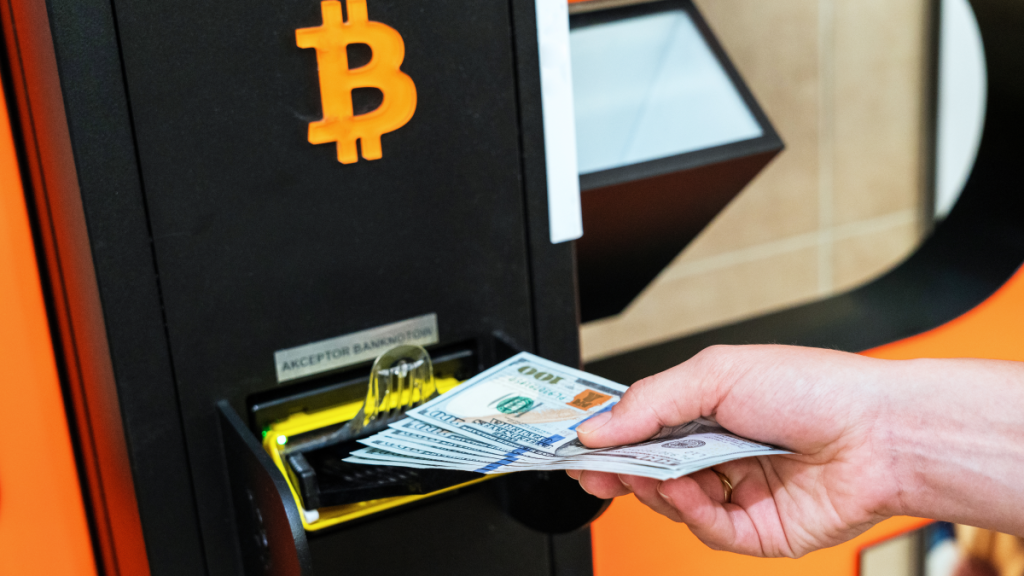- Arizona enacts new crypto ATM laws to reduce rising fraud and scam losses.
- New regulation forces operators to issue refunds to reported cryptocurrency scam victims.
- Daily transaction limits aim to protect new users from large-scale crypto fraud schemes
New Law Targets Crypto Kiosks Used in Scams
The state of Arizona has introduced new laws to curb the increase in crypto ATM scams or crypto kiosks. Based in malls and local businesses, these machines enable users to exchange cash in Bitcoin and other digital currencies, which makes them an easy weapon for scammers. To lure victims into putting huge amounts of money on these kiosks, fraudsters may pose as government officials, love interests or trusted persons.
Attorney General Kris Mayes described the financial losses as astounding saying that last year alone Arizona people lost 177 million in such scams. She emphasized that more needs to be done and that the law is only a supportive measure but more needs to be done to curb the seniors as she termed persistent criminals. The Yavapai County Sheriff office had earlier collaborated with the office of the AG to leave warning signs regarding fraud on these machines just as was the case with gift cards dispensers in retail outlets.
Rep. David Marshall, R-Snowflake, sponsored the law, which was called the Cryptocurrency Kiosk License Fraud Prevention Act. Marshall explained that his constituents had been motivated to go to rural areas of the state and travel to Phoenix so that they could use these kiosks- only to lose their money after falling victim to fraud. The law was widespread as there were frequent reports of local victims becoming victims of well organized scam frauds.
Transaction Caps and Mandatory Refunds Introduced
According to the new law, a number of critical safeguards are provided to prevent the fraudulent use of cryptocurrency ATMs. The daily transaction limit has been limited to 2000 dollars to new users and 10500 dollars to returning users. Kiosk operators must print out receipts with a lot of detail and they must have warning signs about some of the most common scam methods to warn users on the fly.
Perhaps the most important of them is a refund clause: an operator must provide a full refund when a new user claims to be scammed within 30 days. This clause is specifically aimed at addressing the trend of scammers taking advantage of first time users, particularly old residents who do not know much about crypto technology.
The Attorney General estimates that there are approximately 600 crypto ATMs in Arizona. This year alone, the Scottsdale Police Department alone listed local losses of up to $5 million in crypto-related scams. In 2023, Americans lost $5.6 billion in crypto scams, with older adults the most significantly impacted demographic.
According to the authorities, the new legislation is aimed at preventing fraudsters by creating gaps that are more difficult to exploit in a system and holding the operators of these kiosks accountable. Nevertheless, since fraud schemes are ever-changing, such as the deployment of deepfakes and hacking organized crime syndicates, Mayes cautioned that consumer education and awareness is paramount.
Disclaimer
The content shared on KryptoVaultDaily is for informational purposes only and does not constitute financial or trading advice. We do not offer guarantees and assume no responsibility for investment decisions based on the material provided. Always research and seek guidance from a licensed financial advisor before trading cryptocurrency or investing.

